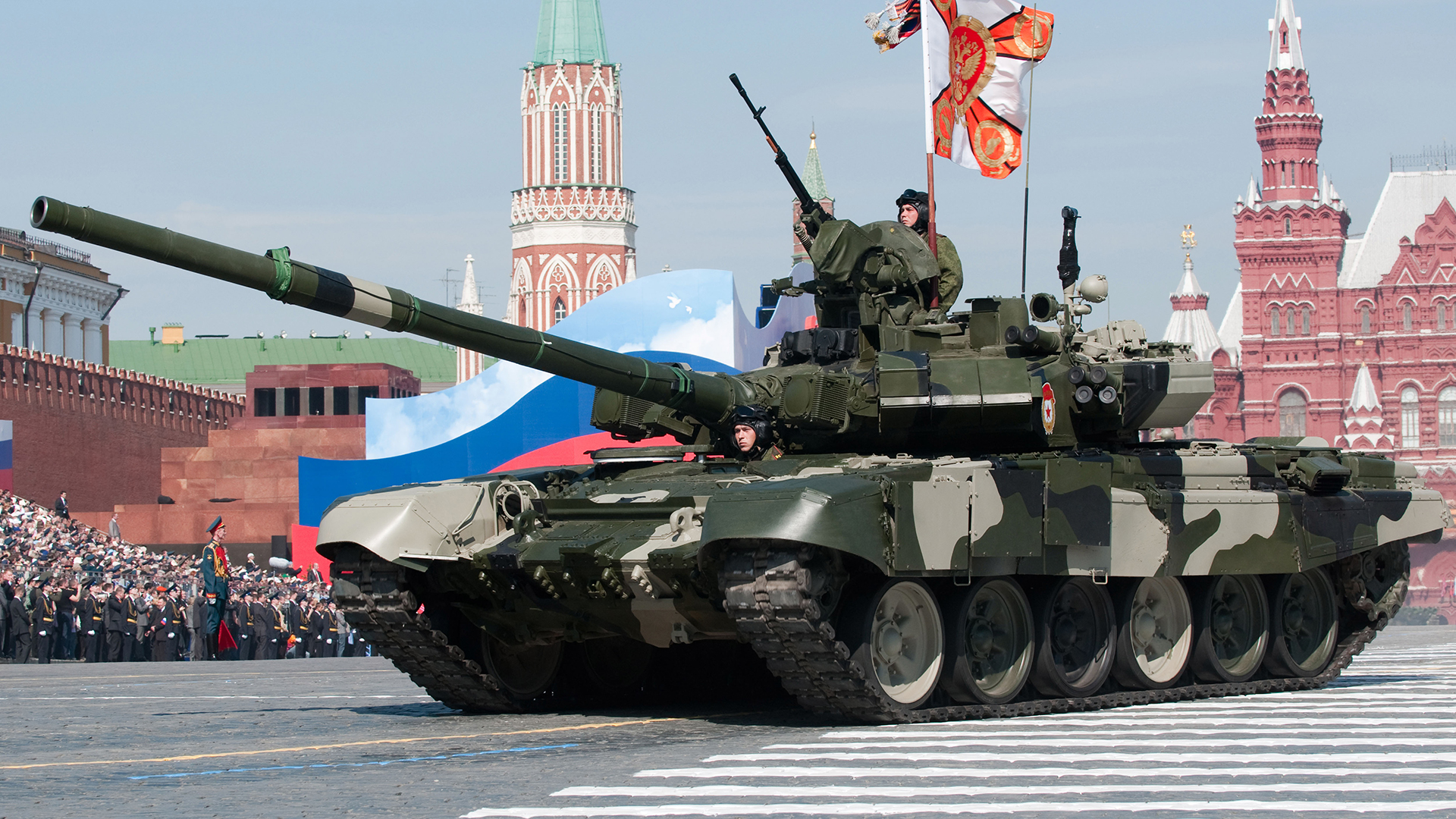
Russia adopts strategy of peace through fear with Nato, defence expert warns

Russia has given up on peaceful coexistence with the West and Nato, and has instead moved to a stance of "peace through fear", a defence expert has said.
Professor Michael Clarke told the BFBS Forces News Sitrep podcast that while there was no hard evidence Russia was seriously considering a conflict with a Nato country, there was a great deal of circumstantial evidence.
"Medvedev, the previous prime minister and previous president, said only last week 'Nato talks about peace through strength, but we believe in peace through fear'," Prof Clarke said.
"That's what he said - peace through fear - because we know we can see that peace through fear works.
"What that means is that in effect the Russians have given up on peaceful coexistence - that's what we had during the Cold War.
"And they draw the conclusion 'look, we did peaceful coexistence for 30 or 40 years and we lost, we lost the competition'.
"That's what the Chinese say. They say 'we are not going to do peaceful coexistence because look at what happened to the Russians. They lost the competition'.
"And so the Russians have given up on peaceful coexistence as an assumption for the future, they believe in peace through fear."
Prof Clarke added that when Russia takes this stance "the possibility of reinforcing that fear by invading an area or taking an area or threatening to take an area is pretty high".
It comes after Germany's defence minister became the latest to declare his country needs to be ready for war as a worst case scenario.
But Boris Pistorius' deadline is 2029, a little more optimistic than General Sir Patrick Sanders when he was head of the British Army last year, who set the date at 2027.
Prof Clarke said "everyone's playing around with potential dates", but listed a number of reasons as to why Russia could be gearing up for more conflict.
He pointed out how Russia is now spending 8% of GDP on defence, has not overstretched its air force in Ukraine and has kept its navy in good shape.
He also said that while Russia has seen its army take most of the strain of the war in Ukraine, Moscow was "undoubtedly… building up the other elements of their forces, as they have been for some years".
This includes a lot of "new, sophisticated, high-end missiles, drones, aircraft and other systems" coming on line from back in the early 2010s when President Putin was running films of new military technology at his State of the Union addresses, Professor Clarke said.
"His State of the Union was really about all of the new military stuff that he's bringing online, and that was 10 years ago," he said.
"A lot of it isn't as good as he said it would be, but it's all coming to fruition now."
There is one more element to Vladimir Putin's hyper-focus on the military: the maintenance of his power base.
Prof Clarke said Russia's build-up is "not solely aggressive, but it is based on a sort of a national paranoia and it's based on momentum".
"Putin has built up his power as a war leader," he said. "He's fought five wars in 25 years.
"With each war, he becomes more dictatorial, Russia becomes more of an autocratic state where dissent is not permitted, and so he's got a war economy, a momentum of growing forces.
"He needs war to maintain his power, that's the reasonable assumption to make.
"And in that respect, is it solely aggressive? No, it isn't. But war for him has become a survival mechanism for his own power base.
"That's the problem we really face."









